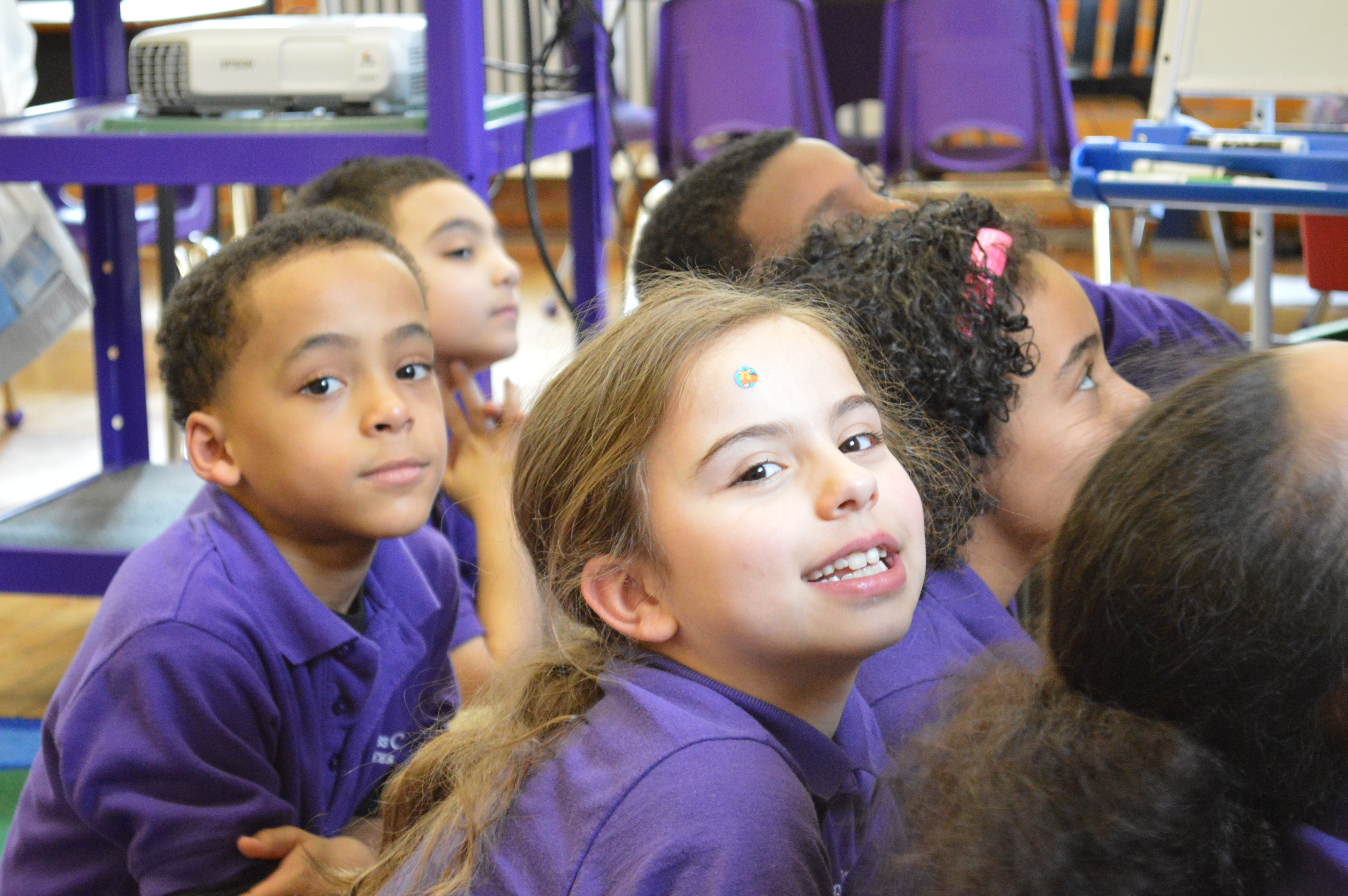Brass City Charter School
What is a Charter School?
Charter schools are 501(c)(3) organizations that provide a free education without discrimination to a defined population and receive funding from the state. Brass City Charter School (BCCS) serves children residing in the City of Waterbury and currently receives $11,000 per pupil per year from the state to support its operations. However , because this per pupil reimbursement rate currently represents approximately $3,000 per student less than what the City of Waterbury estimates the cost of educating a student to be in a public school, we depend on the support of foundations, corporations, and individuals to help bridge that gap. Moreover, our operating costs are greater than average for a public school because we provide a longer school day (7:30 AM to 4:15 PM daily) and school year (we have a “summer term” in July that is required of all students).
Charter schools are allowed great freedom in designing their curriculum and choosing their pedagogical methods but are accountable in terms of outcomes to the state. In Connecticut, charter school students must participate in state testing, which begins in 3rd grade. Consequently, this year, our students, for the first time, took the new Smarter Balanced Assessment tests. Our students’ performance on these tests is critical, for Connecticut charters are renewable every five years based on student achievement, and our first review will take place in 2018. We present an Annual Report to the State that describes our progress in meeting our stated goals. The report is a public document and is on our website.
The state’s performance demands and the school’s mission (to eliminate the achievement gap between our students and their more affluent peers) compel BCCS to explore all avenues in order to give our students the best possible education. We provide robust and continual professional development for our faculty. We regularly assess our students in order to determine their needs and thus help their teachers provide for those needs. Our students need access to high-quality literature, so we develop rich classroom libraries that support our literacy program, our Core Knowledge program, our social-emotional program, and our science and social studies programs. All students have access to ChromeBooks or the equivalent so that they can develop computer skills that allow for the broad use of technology in the classroom as well as facility in navigating a computer, which is essential for computer-based state testing. As noted above, we provide a longer school day and year in order to immerse our children in a high-quality learning environment. We partner with organizations such as the Connecticut Science Center and the Yale Center for Emotional Intelligence in order to bring excellent science and social-emotional learning into our curriculum. We maintain a low student-teacher ratio in order to maximize individual student engagement. We teach character strengths as part of our curriculum because we know that these qualities are as important as academic achievement, and sometimes even more so. We involve our parents and families so that they are cognizant of the children’s activities and progress at school. Finally, we demand rigor in everything we do as administrators, teachers, and students, holding everyone to the highest possible standards.

